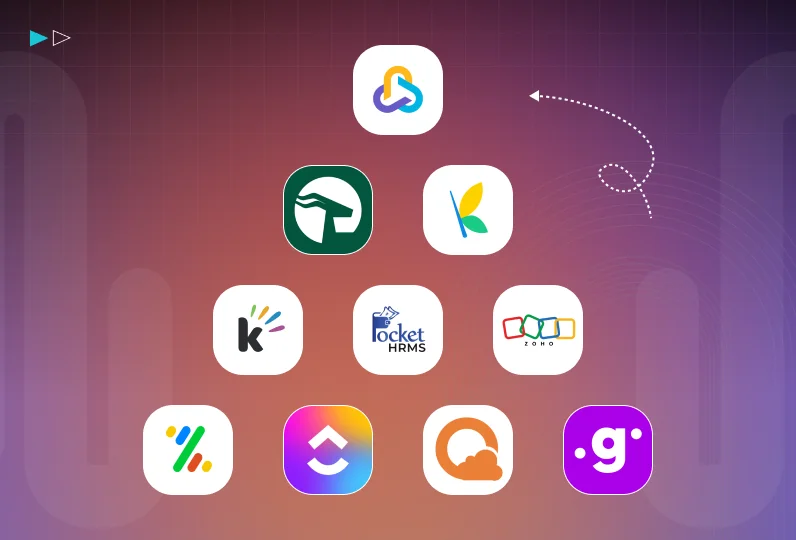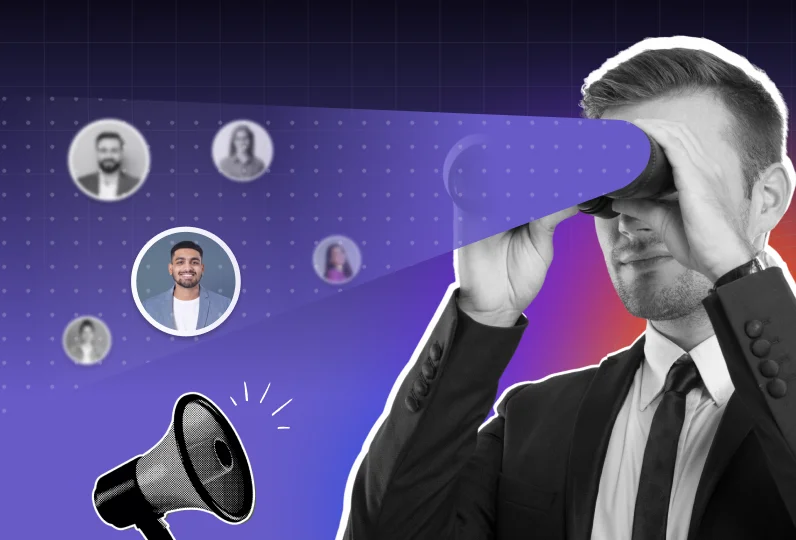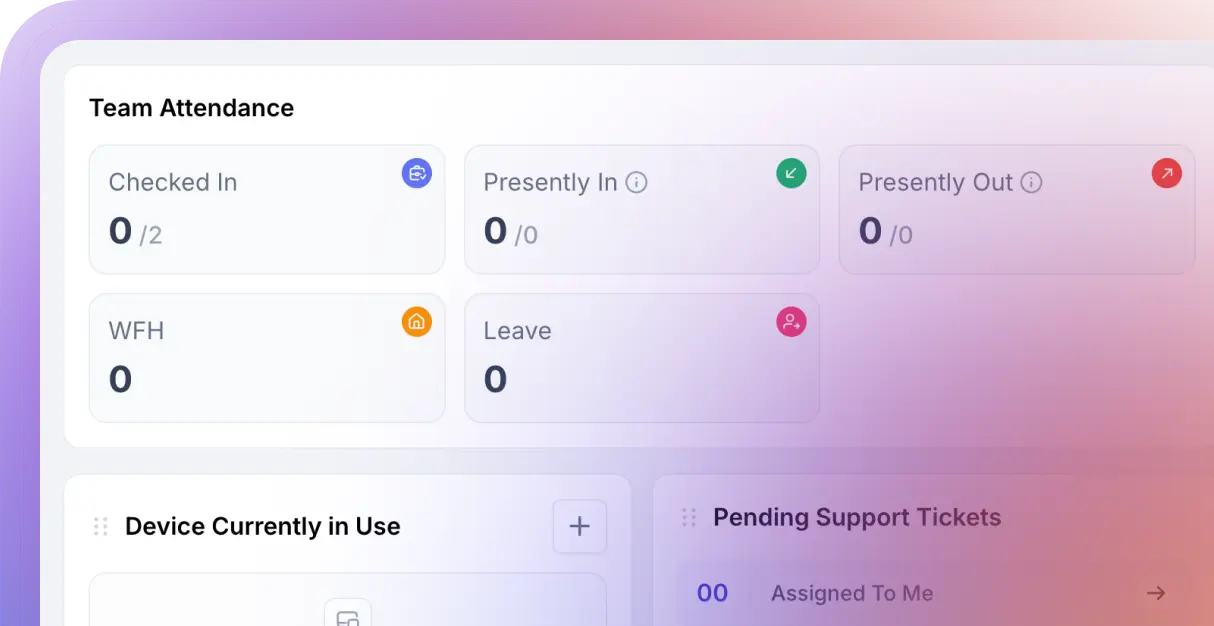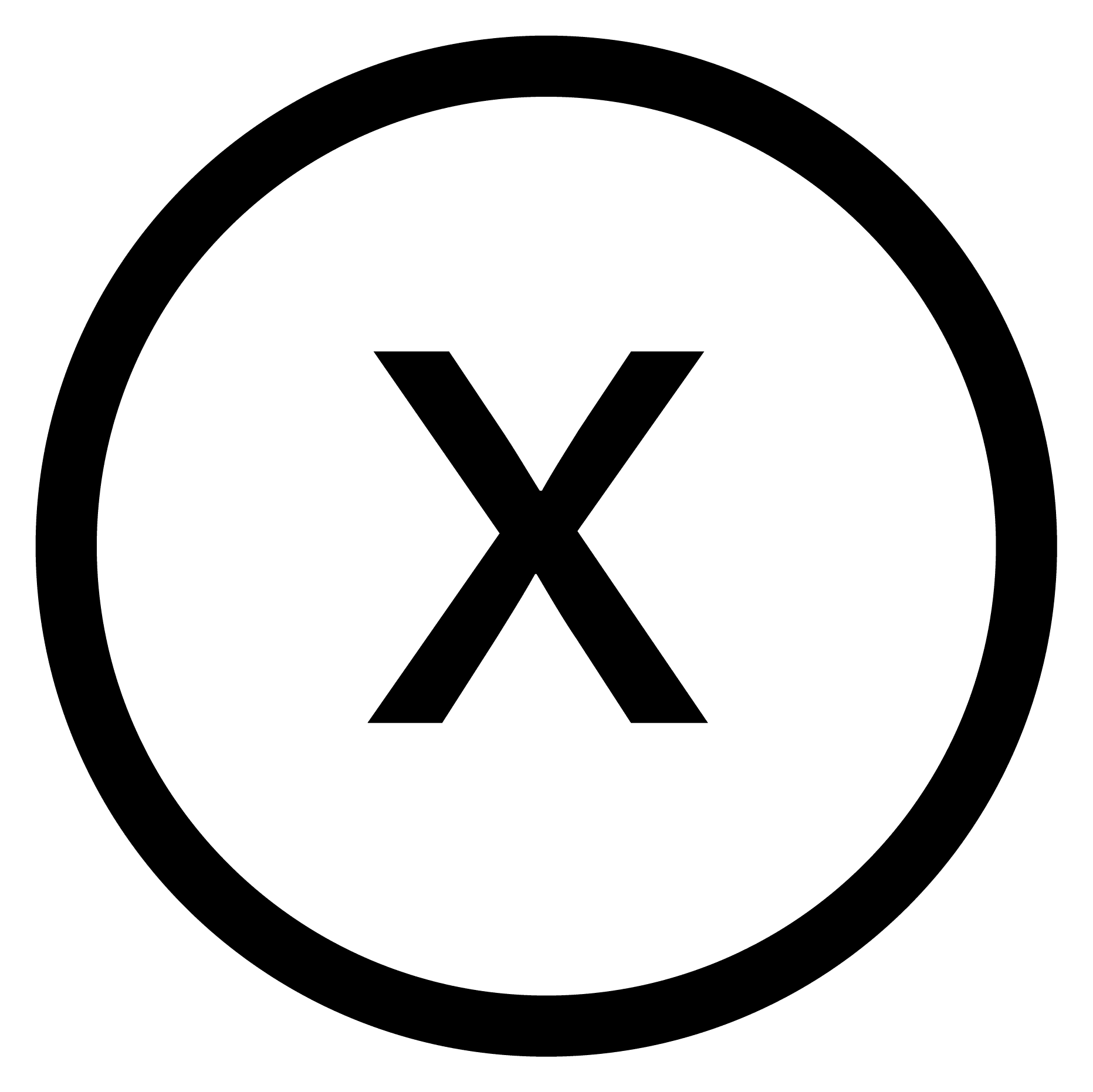Staffing agency software automates, streamlines, and simplifies the recruitment pipeline, easing the process for staffing agencies. The solution comes embedded with features like ATS, CRM, job posting & distribution, resume management, interview scheduling, reporting & analytics, and more, offering plenty of benefits to staffing firms.
With its advantages, including centralized data, reduced manual work, increased speed, tracking applicants, managing client relationships, scheduling interviews, and handling compliance, staffing software has become the backbone of modern recruitment operations. Be it a small agency or a multinational recruitment firm, the right staffing agency software optimizes the experience.
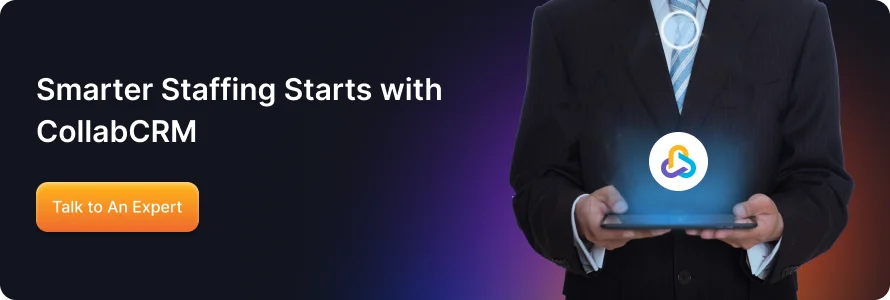
This blog explains everything about recruitment software for staffing agencies, including their types, features, and why & how to choose the right staffing agency software. It also includes a few real-life examples of the best recruitment agency software to ease your selection. This blog helps you get comprehensive information and make your staffing business easy to run.
Key Takeaways
- Staffing agency software automates recruitment workflows, helping agencies streamline sourcing, tracking, client management, and payroll, saving time and improving efficiency.
- There are multiple types of staffing software, including ATS, CRM, HRIS, and comprehensive Talent Acquisition Suites, each designed to meet different recruitment needs.
- Core features like resume parsing, interview scheduling, and analytics empower recruiters to make faster, smarter, and data-driven hiring decisions.
- Selecting the right software requires clarity and strategy; agencies must assess their size, specialization, and integration needs before investing.
- Leading solutions such as CollabCRM, Zoho Recruit, and Recruit CRM stand out for their automation, scalability, and ability to enhance candidate and client experiences.
What Is Staffing Agency Software?
Staffing agency software is a solution engineered to automate and optimize the entire recruitment process for staffing agencies. It assists recruiters in sourcing candidates, monitoring applicants, dealing with clients, arranging interviews, processing payroll, and maintaining compliance with labor laws.
The essential attributes of staffing software are client relationship management, payroll, invoicing, and reporting that help recruitment agencies become more efficient, minimize errors, and save time. Fundamentally, recruitment software for staffing agencies minimizes manual work, keeps data centralized, and allows agencies to expand activities on a high level without compromising the service to clients and candidates.
Also Read: HR and Recruitment Mistakes That Are Costing Your Business
Types of Recruiting Agency Software
Staffing agency software can be categorized into different types, including Applicant Tracking Systems (ATS), Candidate Relationship Management (CRM) systems, and comprehensive Talent Acquisition Suites that combine multiple functions. ATS is for managing candidate applications, CRMs for nurturing relationships with clients and candidates, and many other features like payroll, billing, and additional specialized functions.
Applicant Tracking System
An Applicant Tracking System (ATS) is a type of staffing agency software that helps human resources (HR) departments manage the hiring process digitally by tracking candidates through the recruitment cycle. An ATS helps recruiting agencies better manage the entire application process, right from receiving resumes to tracking candidate status and managing hiring pipelines.
The system streamlines hiring by automating tasks, centralizing candidate data, and managing job postings, interviews, and client relationships.
Human Resources Information Systems (HRIS)
Human Resources Information Systems (HRIS) is software that helps staffing companies centralize data and automate core HR processes, including recruitment and payroll. This system streamlines operations by helping staffing firms manage applicant tracking, onboarding, timekeeping, and performance
What’s more, HRIS offers invaluable data analytics for better decision-making and compliance. The increased usability of HRIS makes it highly beneficial for staffing agencies.
Candidate Relationship Management System (CRM)
CRM solution helps staffing agencies manage all interactions with candidates and clients. It centralizes candidate data, automates communication, and builds talent pools to streamline the recruitment process and ensure positive candidate experiences.
A CRM system helps recruiting firms maintain long-term relationships beyond just filling a single role. Key benefits of Candidate Relationship Management systems include improved efficiency, better candidate engagement, and a well-optimized talent acquisition pipeline for future needs.
Talent Acquisition Suites
Talent acquisition suites are all-in-one solutions that combine multiple features, often including both ATS and CRM functionalities. They are likely to offer advanced features, such as AI matching, social recruiting tools, and built-in collaboration tools. Additionally, some more features of talent acquisition suites include applicant tracking, candidate relationship management, job posting, and analytics in a single system to make recruiting more efficient and streamlined.
These systems help recruiting agencies to manage the entire hiring process, from finding eligible candidates to hiring and onboarding them with ease.
What are the Key Features of Staffing Agency Software?
- Applicant Tracking System (ATS): An applicant tracking system (ATS) is an excellent feature in staffing agency software. It acts as a central database for job and applicant information. The very feature helps handle tasks, such as creating job postings, screening resumes, communicating with candidates, scheduling interviews, and tracking applicants through each stage of the recruitment pipeline.
- Candidate Relationship Management (CRM): This feature, in a staffing agency software, helps recruiters manage candidate and client relationships, automate workflows, and streamline communication. The top feature includes candidate tracking, automated email sequences, and reporting.
- Job Posting & Distribution: The Job posting feature helps automate and streamline the process of posting jobs on multiple platforms, ensuring enhanced visibility for the openings.
- Resume Management: The very feature in recruitment software for staffing agencies helps manage and organize candidate information by parsing resumes, tracking applicants, and automating tasks.
- Interview Scheduling: The Interview scheduling feature automates the process of setting up interviews. What’s more, it also includes calendar integration, automated reminders, customizable forms, and the ability to handle complex scheduling.
- Billing & Invoicing: Staffing agency software handles billing and invoicing through automation, streamlining the process from contractor time tracking and client approval to final invoice generation and payment. This automation lessens errors, speeds up payment cycles, and improves cash flow.
- Reporting & Analytics: Recruiting agency software features reporting and analytics that collect and visualize key hiring metrics such as time-to-fill, cost-per-hire, and recruiter performance, enabling recruitment agencies to make data-driven decisions and improve efficiency. It leads to quicker candidate sourcing, lower cost-per-hire, improved recruitment processes, and the competency to predict hiring trends and realize the effect of talent acquisition on business objectives.
Why Do Staffing Agencies Need a Software Solution?
Staffing agencies need software solutions to automate and streamline the hiring process. The complete hiring process involves managing multiple clients and large candidate pools, leading to increased efficiency, faster hiring, and improved candidate and client experiences. Key benefits include centralized data management, automated communication, improved quality of hires, better efficiency & productivity, and the ability to scale the business.
Efficiency and Productivity
- Centralized Data: A recruitment agency software centralizes data by consolidating all recruitment-related information, such as candidate resumes, job postings, interview schedules, and client details, into a single, accessible platform.
- Reduced Manual Work: Staffing agency software reduces manual work by automating repetitive tasks, including job posting, candidate sourcing, resume screening, and interview scheduling, helping recruiters save time.
- Increased Speed: It reduces time-to-hire by automating repetitive tasks, like resume screening and interview scheduling, which frees up recruiters to focus on higher-value activities.
Candidate and Client Management
- Improved Candidate Experience: Staffing agency software improves candidate experience by streamlining the hiring process through faster communication and a well-organized, transparent interaction.
- Better Relationships Management: A recruitment agency, enabled by staffing software, manages relationships better by centralizing client and candidate data. It allows for more personalized communication and service.
Scalability and Compliance
- Improved Growth: Staffing agency software supports business growth by automating and streamlining core recruitment processes like job postings, candidate screening, and placement, which saves time and increases productivity. What’s more, the software improves tracking and analytics, enabling recruiters to gather data to refine future strategies for sustained growth and resilience.
- Excellent Insights: Recruitment software for staffing agencies helps recruiters analyze data and gain insights into hiring trends, candidate performance, and operational efficiency. The system does it through tools like Applicant Tracking Systems (ATS) and Candidate Relationship Management (CRM) platforms that track metrics such as time-to-fill and cost-per-hire.
How to Choose the Right Staffing Agency Software
To choose the right staffing agency software, you need to define your specific needs, for example, high-volume hiring, remote work, and client reporting. Then, evaluate software based on its features, such as an integrated applicant tracking system (ATS) and customer relationship management (CRM), automation, and reporting.
It’s also crucial to consider ease of use, integration with existing tools, scalability, and free trial options to test the user experience before choosing the right software. Here’s all about how to choose the right software for your staffing agency:
Access Your Specific Needs
- Identify Core Requirements: Pinpoint what your recruitment agency needs most, including streamlining workflows, improving client reporting, and reducing manual tasks. To identify core requirements for staffing agency software, focus on features that automate and manage the recruitment lifecycle, such as resume parsing, candidate and client management, interview scheduling, and communication tools. Some non-functional requirements include scalability for growth, seamless integration with existing systems, alternatives for customization, and reliable support.
- Consider Your Agency’s Size and Focus: Select the recruiting software, weighing your company’s needs. For instance, small firms may need simple, task-focused tools, while larger agencies often benefit from more robust, all-in-one systems with comprehensive features.
- Look at Your Specialization: If your agency focuses on remote hiring, prioritize software with virtual collaboration and communication features. The best staffing software for remote hiring often includes strong ATS/CRM functionality, AI-powered tools, and global compliance features.
Evaluate Key Features
- ATS and CRM Integration: When you’re choosing staffing agency software, look for platforms that combine an applicant tracking system (ATS) and a customer relationship management (CRM) system. These features ensure smooth operation.
- Automation and Workflows: Ensure that you choose staffing software with features like automated job postings, resume parsing, and automated payroll to save time and resources.
- Reporting and Analytics: Select a tool with robust reporting capabilities to track metrics like “cost per hire,” “hiring velocity,” and recruiter productivity.
- Mobile Optimization: Prefer choosing a mobile-friendly interface that allows managers to engage with recruits and staff on the go.
Prioritize Usability & Support
- Ease of Use: Ensure the staffing agency software you choose has a clean and intuitive user interface with features like drag-and-drop functionality. It makes the software easy for your team to adopt and use consistently.
- Customer Support: Look for a staffing software service provider with responsive and helpful customer support, especially during the onboarding process.
- Scalability and Flexibility: The software you choose should be able to grow with your agency without constant retraining or extensive technical support.
What are the Popular Staffing Agency Software Options?
Popular staffing agency software options include CollabCRM, Zoho Recruit, and RecruitCRM, along with many others. These platforms are widely used for managing recruitment processes, client relationships, and candidate databases, with options catering to different business sizes and needs.
CollabCRM
CollabCRM is a complete business operating system for organizations of all sizes. Attributed to its many features for staffing and recruiting, this excellent staffing agency software offers job posting features as part of its recruitment module. It functions as a robust Applicant Tracking System (ATS) and is included within the platform’s broader “People” management feature.
Key recruitment features of CollabCRM include:
- Streamlined Hiring Funnel: The Applicant Tracking System in CollabCRM helps recruiters organize and manage the entire process from candidate application to hiring.
- Deep Recruitment Analytics: Recruiting firms can track and analyze their hiring performance to gain insights into their recruitment process.
- Smarter Candidate Evaluations: The system provides tools to better evaluate job applicants.
- Automated Onboarding: CollabCRM automates the onboarding process for new hires.
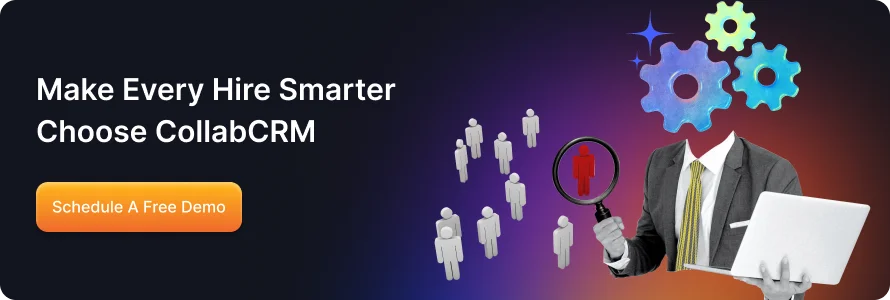
Zoho Recruit
Zoho Recruit is an Applicant Tracking System (ATS), coupled with Customer Relationship Management (CRM) capabilities, with features for sourcing, tracking, and hiring candidates. Key features include job posting to multiple boards, resume parsing, customizable hiring workflows, interview scheduling, and AI-powered assessments. Zoho also offers a candidate portal, a career website builder, and collaboration tools to manage the hiring process from start to finish.
The following are the key features of Zoho Recruit:
- Resume Parsing: Extracts and organizes candidate information from resumes.
- Job Posting: Advertises job openings on free and premium job boards.
- Social & Referral Recruiting: Facilitates sourcing through social media and employee referrals.
- Applicant Tracking: Manages the hiring pipeline and candidate submissions.
- Interview Scheduling: Simplifies and schedules interviews with candidates.
- Automated Reminders: Sends automatic reminders and follow-up emails to keep the process moving.
Recruit CRM
Recruit CRM is a staffing agency software that offers mobile apps for on-the-go access and a Google Chrome sourcing extension for desktop and mobile use. It also features email sequencing for automated follow-ups and AI-powered tools to ease sourcing, content generation, and task automation.
The following are the key features of Recruit CRM:
- Mobile Access: Recruit CRM offers mobile access through apps for smooth recruitment task management.
- Enhanced Functionality: Recruiters can use the apps to source candidates, send emails, set up interviews, and manage client feedback.
- Recruit CRM Sourcing Extension: This extension works on both desktop and mobile and integrates with platforms like LinkedIn, ZoomInfo, and Xing.
- Personalization and Automation: Recruit CRM uses email sequencing to automate personalized follow-up messages to candidates.
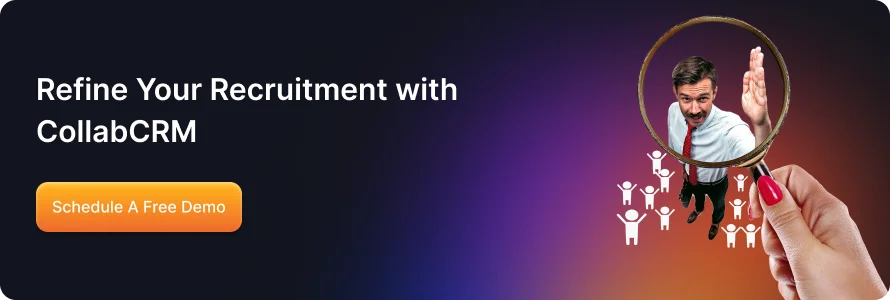
Wrapping Up!
Now, when applicants want a quick response and clients wish for faster fulfillment of vacancies, staffing agency software is no longer a luxury but a necessity for staffing agencies looking to stay competitive. From streamlining workflows to improving client and candidate experiences, the right recruitment software empowers agencies to work smarter, not harder.
When you’ve selected the right staffing agency software, you’ll be able to leverage the benefits, like automated processes, centralized data, smarter hiring, faster onboarding, and improved productivity. All these benefits lead to optimized business profitability and business growth.
If you’re a staffing agency looking for software, CollabCRM is the solution you need. From people management to CRM, & invoice management, and recruitment, it offers staffing & recruiting agencies with a robust software solution to conduct entire proceedings with ease.
FAQs
A small company should use recruitment software to increase efficiency, reduce costs, and improve the quality of hiring by automating repetitive tasks and centralizing the hiring process. What’s more, the recruitment agency software helps small teams manage high-volume applications, streamline candidate tracking, collaborate on hiring decisions, and create a stronger employer brand to attract top talent, even with limited resources.
The best and most popular software includes CollabCRM, Zoho Recruit, Recruiterflow, and more. However, the right fit for your staffing agency depends on your company’s size, focus, features, budget, and additional requirements.
Staffing is seen as a specific part of HR. Staffing agencies, then, are HR specialists who focus on recruiting, screening, interviewing, placement, and sometimes onboarding and training.

